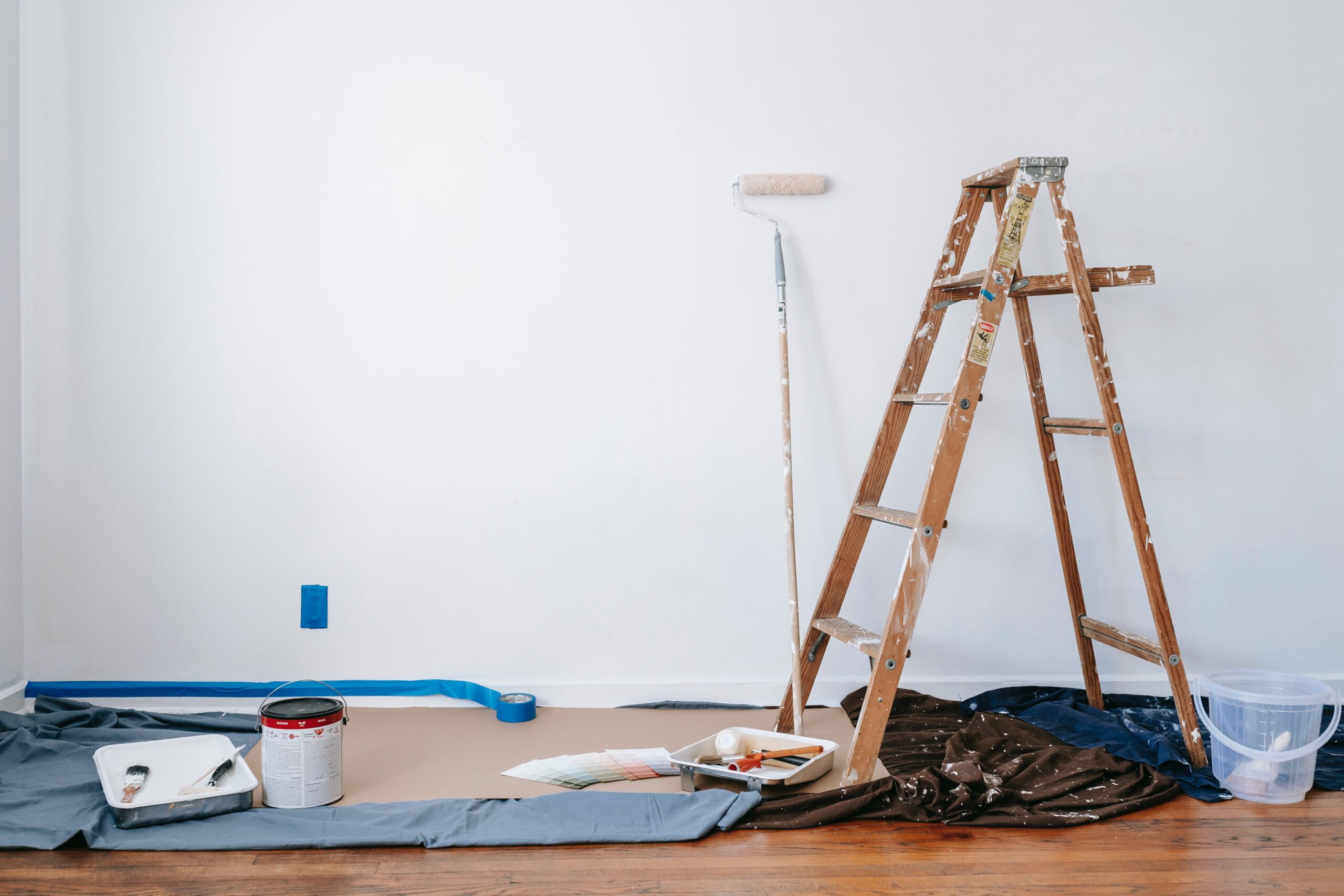When your home suffers damage, whether from a severe weather event or vandalism, you might wonder whether you should start your own repairs. You might also have a home insurance claim that should help pay for repairs or part of a contractor’s deposit before starting work.
When you are considering or starting home repairs while your insurance claim is pending, Kirk Law Firm, PLLC can help you document your repairs and prepare your claim. Our lawyers can help even if your claim has already been denied by the insurance company.
Making Your Own Home Repairs and Keeping Documentation
When working with a contractor to repair your home, you should make sure their work is documented. Take pictures of the damage and of each repair, and make sure to receive a final invoice detailing all the work. Send the invoice and pictures to the insurance company to ensure full and final payment.
Take note of the preferred method of sending documentation to the adjuster, such as by email, fax, or hard copies delivered to their office. Contact information should arrive during the first inspection of the damage, so you can use it to confirm how the company wants the documents delivered and what other steps to take.
Working with a Kirk Law Firm lawyer can only help with this process. An attorney can observe and oversee the documentation and make sure that the adjuster clearly communicates their requirements for making a claim.
Insurance Claim Protections for Property Owners in Texas
Homeowners have certain protections enshrined in Texas state law. For example, when a homeowner properly gives written notice of their claim to their insurer, the company must begin investigating the claim within 15 days as described by Texas Insurance Code Section 542.055. Once the company acknowledges receipt of a claim in that 15-day window, they can ask for additional information and supporting materials necessary for investigating the claim.
After an insurance company receives the necessary materials for a claim, Texas Insurance Code Section 542.056 requires a decision within 15 days or notification of an extension of up to 45 days. If a claim is rejected or the insurance company extends the timeframe, they must explain their reasons in writing.
Finally, Texas Insurance Code Section 542.003 forbids certain unfair settlement practices by insurance companies. Some examples of actions by an insurance company that are considered unfair practices include:
- Misrepresentation of facts or policy provisions to a claimant
- Not making or using reasonable standards for promptly investigating claims
- Underselling the claimant with a low offer to compel a lawsuit by the claimant
- Delaying in acknowledging the claimant’s communications under the policy, such as written notice of the claim
- Trying not to settle a claim in good faith and in a “prompt, fair, and equitable” manner when the merit of the claim is clear
When an insurance company uses these unfair techniques, it can receive a cease-and-desist order from the Texas Department of Insurance, which can lead to revocation of the company’s license and ability to do business in the state. Our attorneys can help show an insurance company has acted in bad faith or has violated consumer protections in processing a claim.
Talk to an Attorney About Your Home Repairs and Documentation
Making home repairs can appear challenging, and moving quickly can lead to mistakes with your insurance claim. The insurance company might even try to deny your claim despite your good documentation and thorough communication.
When you face challenges with your repairs or the insurance company, our lawyers can support you through the process and investigate your insurance company’s processing of your claim. Call Kirk Law Firm, PLLC to schedule a private discussion of your case and to protect yourself from any unfair practices or abuse at the hands of your insurer.




